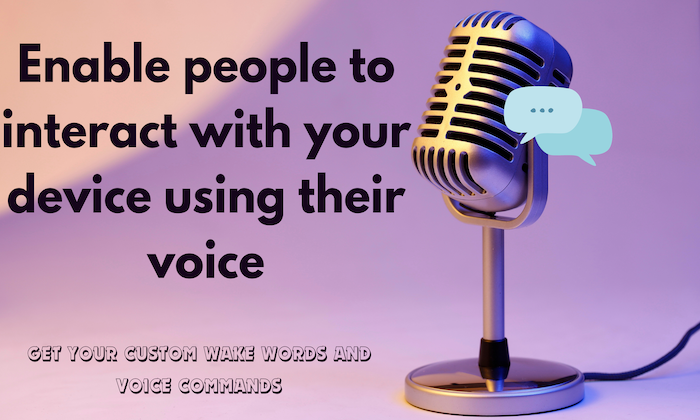Can these doctor–patient conversation datasets be used in multilingual healthcare chatbots?
NLP
Healthcare
Chatbots
Doctor-patient conversation datasets offer significant potential for enhancing multilingual healthcare chatbots, improving patient interaction, and optimizing healthcare delivery. These datasets, which are based on realistic clinical dialogues, provide a solid foundation for training chatbots to engage effectively across diverse languages and medical contexts.
Understanding the Value of Doctor-Patient Datasets
Doctor-patient conversation datasets consist of simulated interactions between doctors and recruited patient contributors, designed to reflect authentic clinical scenarios. These dialogues cover a range of situations, including consultations, diagnoses, and follow-ups, all while maintaining privacy and adhering to ethical standards.
At FutureBeeAI, we specialize in creating these datasets to ensure they are both medically accurate and linguistically diverse. The conversations incorporate natural conversational elements, such as pauses, interruptions, and emotional cues, which are essential for developing AI systems that can engage with patients in a more human-like manner.
Why Multilingual Capabilities Are Crucial
In today’s globalized world, healthcare providers must bridge language barriers to ensure effective patient care. Multilingual chatbots trained with doctor-patient conversation datasets can communicate with patients in their preferred languages, accommodating different accents and dialects. This inclusivity is key to enhancing patient satisfaction and ensuring that vital medical information is accessible to a diverse audience.
How to Implement These Datasets in Chatbots
Integrating doctor-patient conversation datasets into multilingual healthcare chatbots requires a structured approach:
- Data Annotation and Processing: The datasets need to be carefully annotated to tag utterances for intent, sentiment, and empathy. This ensures the chatbot understands and responds appropriately to user queries.
- Training: Supervised learning techniques are used to expose the chatbot to various healthcare scenarios, improving its ability to handle real-time interactions and providing accurate responses in multiple languages.
- Continuous Evaluation: Regular performance monitoring and model updates are essential to maintain cultural relevance and ensure accuracy across different languages.
Real-World Impact
A chatbot developed using doctor-patient conversation datasets can assist patients with a wide range of healthcare needs. For instance, it can guide patients through medication instructions, provide follow-up care advice, or answer health-related questions in multiple languages. This not only improves patient engagement but also supports healthcare providers in offering personalized care efficiently and inclusively.
Challenges and Best Practices
While the advantages of multilingual healthcare chatbots are substantial, there are challenges to overcome. Ensuring the chatbot's accuracy across different languages is critical. FutureBeeAI addresses these challenges by implementing rigorous quality assurance (QA) processes and continuously retraining models with new data. Moreover, ethical considerations remain a top priority; our datasets are fully compliant with global privacy standards, ensuring that user privacy is always respected.
By leveraging doctor-patient conversation datasets, FutureBeeAI enables healthcare providers to develop multilingual chatbots that enhance patient care and communication, paving the way for a more inclusive and responsive healthcare system globally.
FAQs
Q. What types of healthcare scenarios can these datasets simulate?
A. These datasets can simulate a wide variety of healthcare scenarios, such as initial consultations, follow-ups, discharge instructions, and patient education. This comprehensive scope enables chatbots to handle a broad range of patient interactions effectively.
Q. How can teams ensure the chatbot remains accurate across languages?
A. To maintain accuracy, teams should implement robust QA processes, conduct regular performance evaluations, and continuously update the models with new data to address any linguistic challenges that arise.
What Else Do People Ask?
Related AI Articles
Browse Matching Datasets
Acquiring high-quality AI datasets has never been easier!!!
Get in touch with our AI data expert now!








